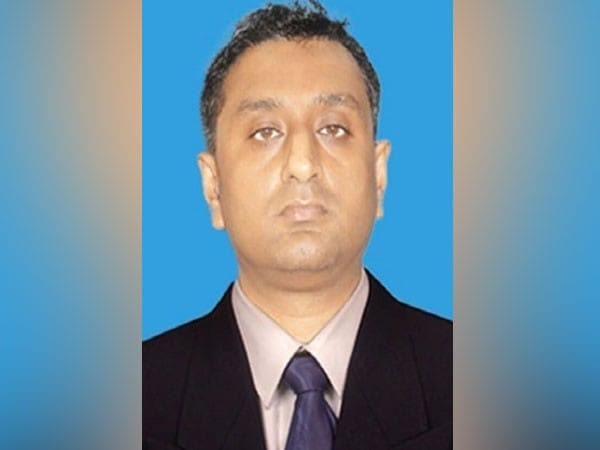
New Delhi [India], July 9 (ANI/SRV Media): The COVID-19 pandemic and the Covid safety protocols directed in the interest of the world at large has left most sectors of the economy with some form of scar or the other.
Schools are yet to resume normalcy though they did temporarily. As with every other sector of the economy, the teaching fraternity is also having to bolster up to the new challenges. To support our future leaders, it is imperative to not lose out on the crucial years of experiential education.
Children glued to the screens not only for academic but recreation purposes too, are now raising eyebrows keeping not just physical and emotional, but most importantly mental health issues in mind which as of now appear very hazy but will stand out crystal clear in time to come.
Ironically, banned mobile phones at one juncture have become pivotal today. The education system with no other option, and time to fight back, has reconciled with the fact that the immediate recourse is the digital model of education.
Acknowledging the new normal in the education system is the need of the hour, a hybrid model of education where the traditional classroom teaching and the new digital online mode of teaching may be ‘blended’. The expected hybrid form needs a lot of critical thinking and brainstorming to get the best out of the best from the expected combined method.
The idea is natural and fair enough as it gives the entire system a chance to have a backup plan and will avoid the plethora of confusion and anxiety which the education sector has faced last year with respect to evaluation and declaration of results. The question and challenge are – to what extent this new hybrid model will ensure the set expected standards that are key to success in their professional, personal & social life and contribution to the nation and world at large.
The role of systematic data management becomes very important and this calls for an immediate need for the common continuous evaluation system which must be common and uniform ensuring a common parameter of measurement, comparison and assessment thereafter.
Online education can be a supplement to classroom teaching as education is a dynamic and recorded version of one concept, no matter how good or best it is, cannot go down in the same manner for all. Just like an underlying fact that everyone is taught to hold the pencil in the same manner but nobody has the same handwriting.
As the pandemic rages on, it is important to support toddlers tweens and teens to maintain continuous psychological support as the plight of the pandemic has left unforgettable scars. It is high time for everyone to uplift in prayer and support the Government, administration and medical fraternity for their heroic, relentless and unceasing efforts in battling COVID-19.
Kenneth Wilfred Vincent is the Chairman of the Rose Bud Education Trust. The NGO is running Rose Bud School for more than 50 years in the Howrah District of West Bengal, India. A commerce graduate from the prestigious St. Xavier’s College, Kolkata and currently pursuing his PhD in Management.
Vincent has 30 years of experience in the education sector. Furthermore, he is an ardent follower of Swami Vivekanand, a versatile musician, sportsman, orator, fitness enthusiast, a nature lover. His personal contribution towards helping orphans, the old aged and most importantly his acts of medical assistance to stray animals and birds cannot be undermined. Through his teachings, he wishes to impart the same qualities and drive to the students.
This story is provided by SRV Media. ANI will not be responsible in any way for the content of this article. (ANI/SRV Media)
This story is auto-generated from a syndicated feed. ThePrint holds no responsibility for its content.






